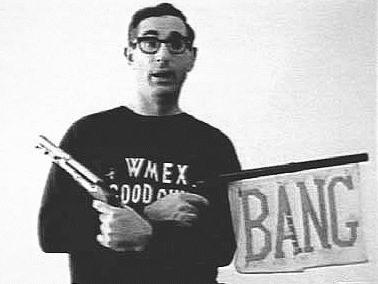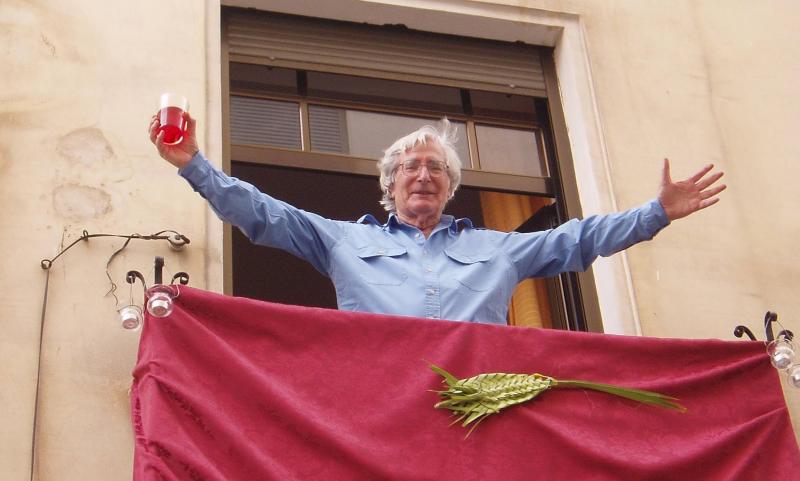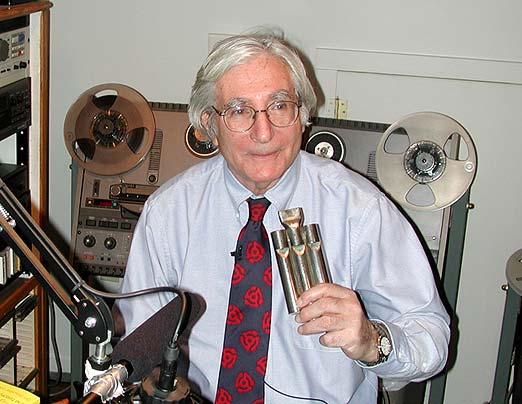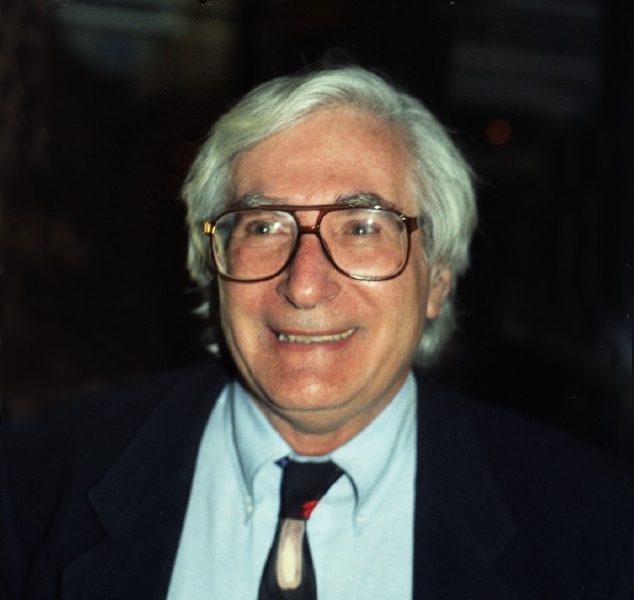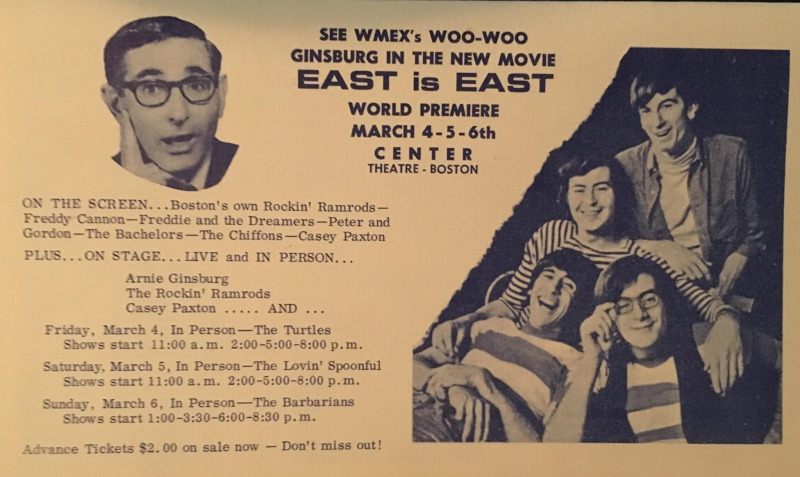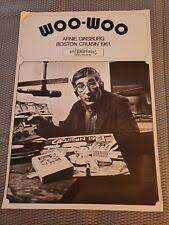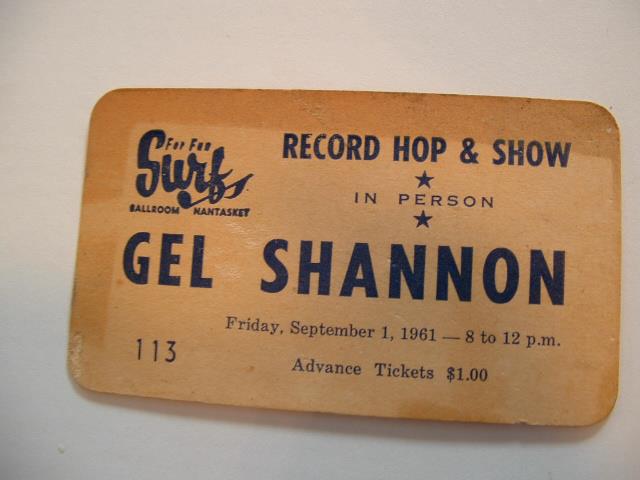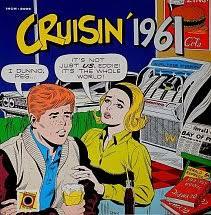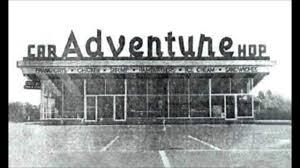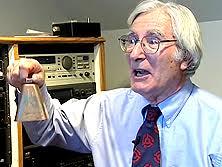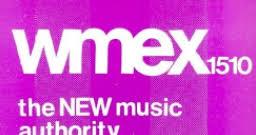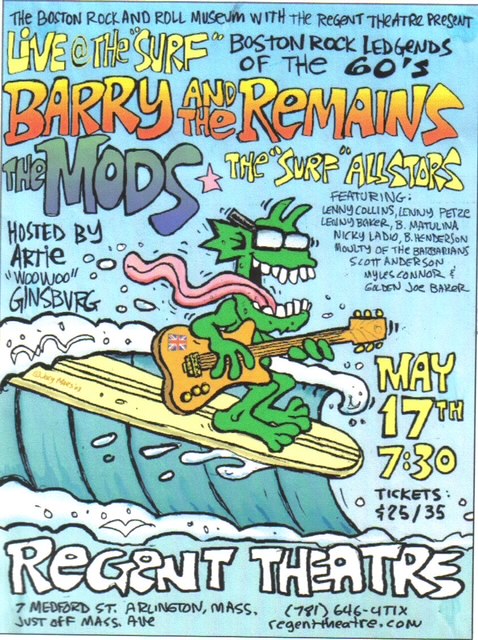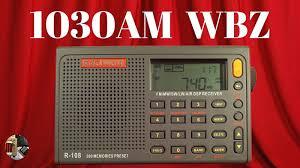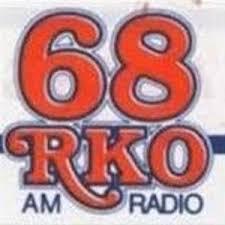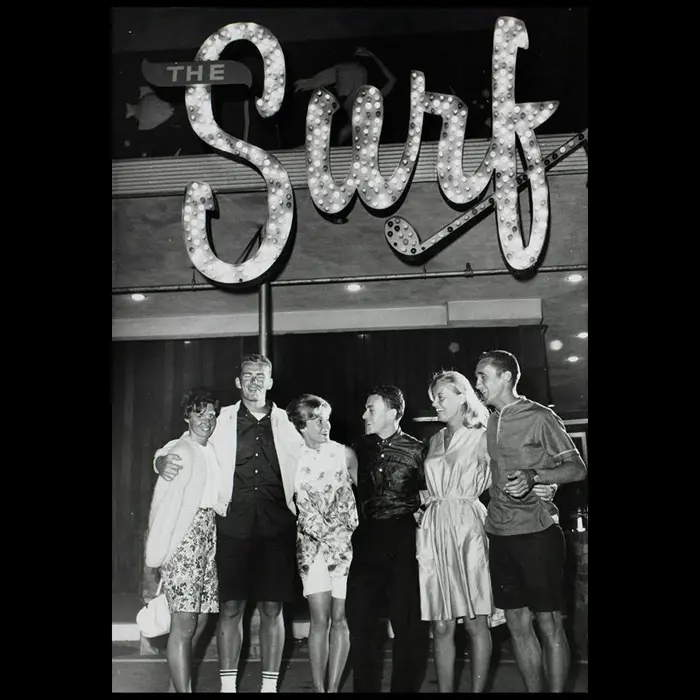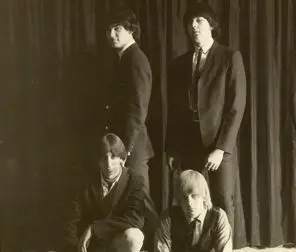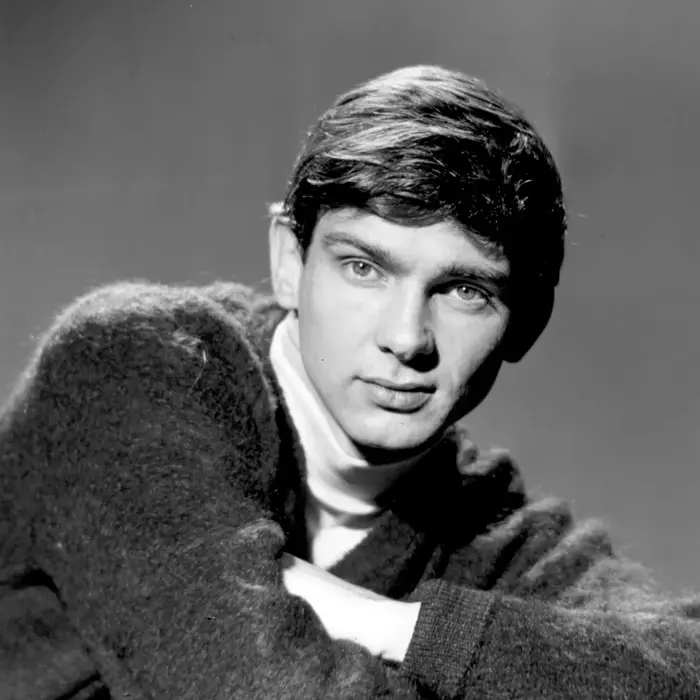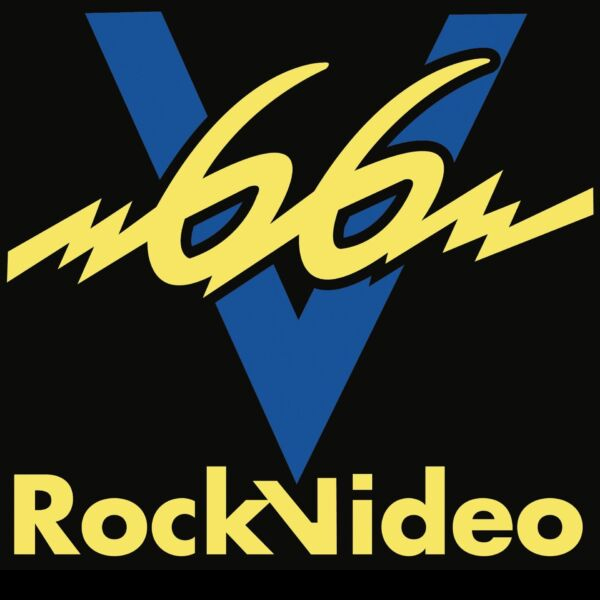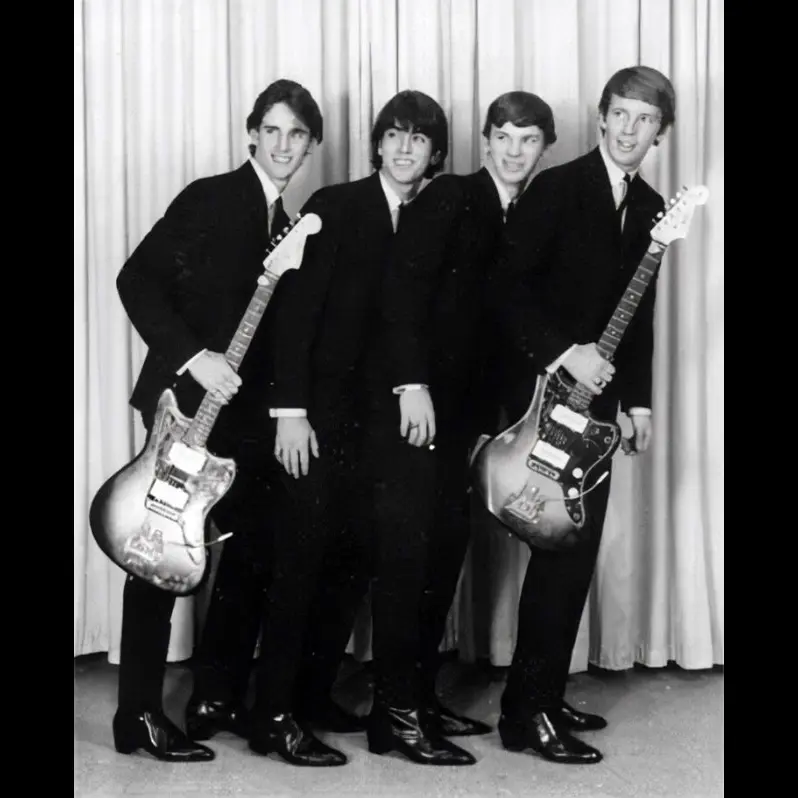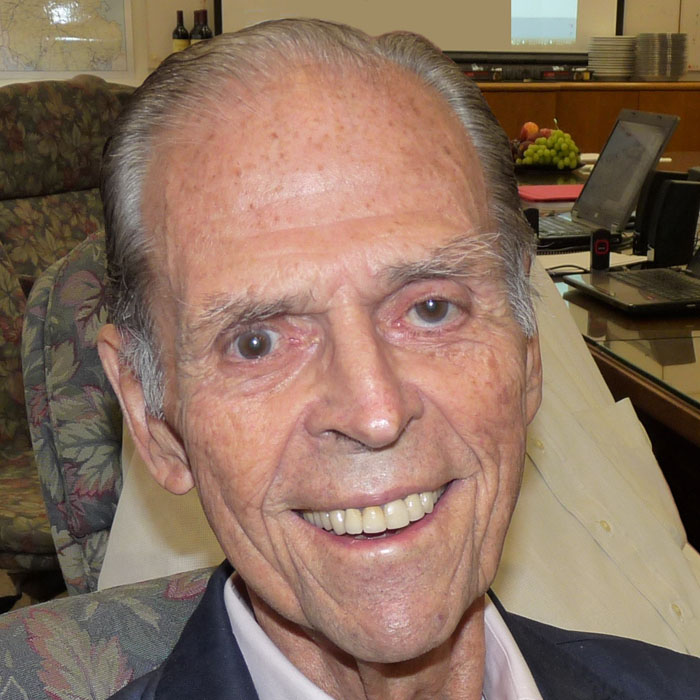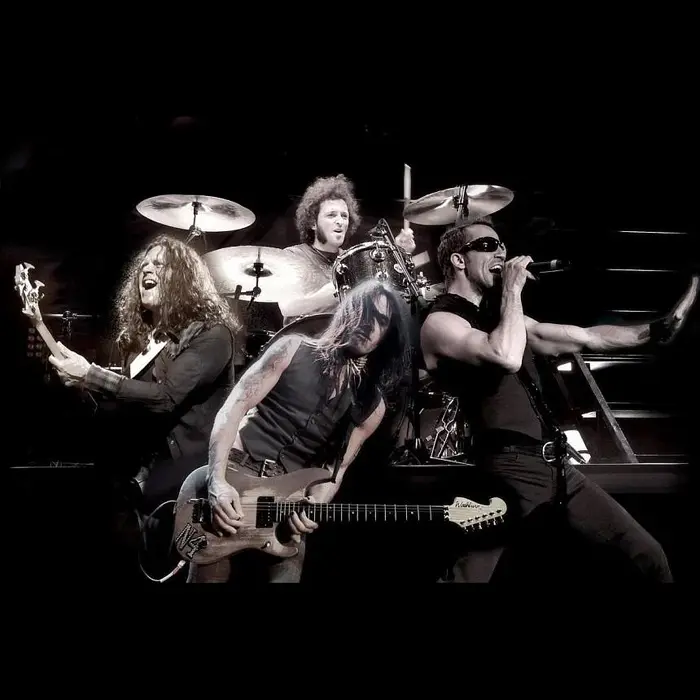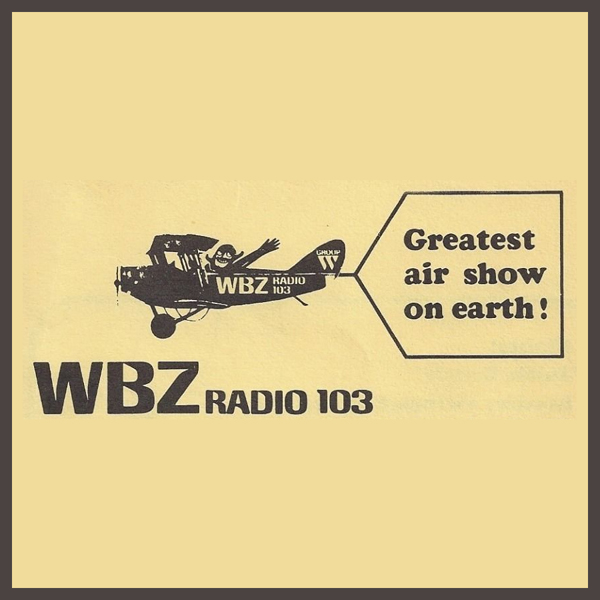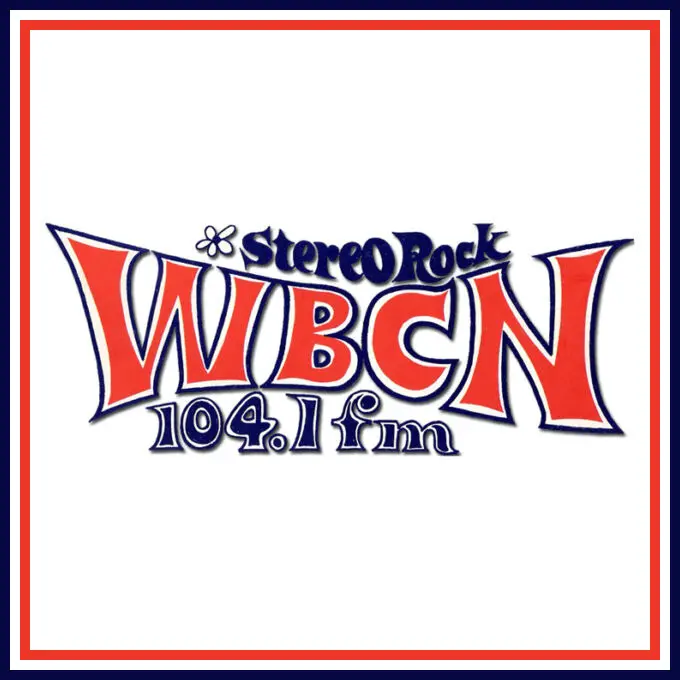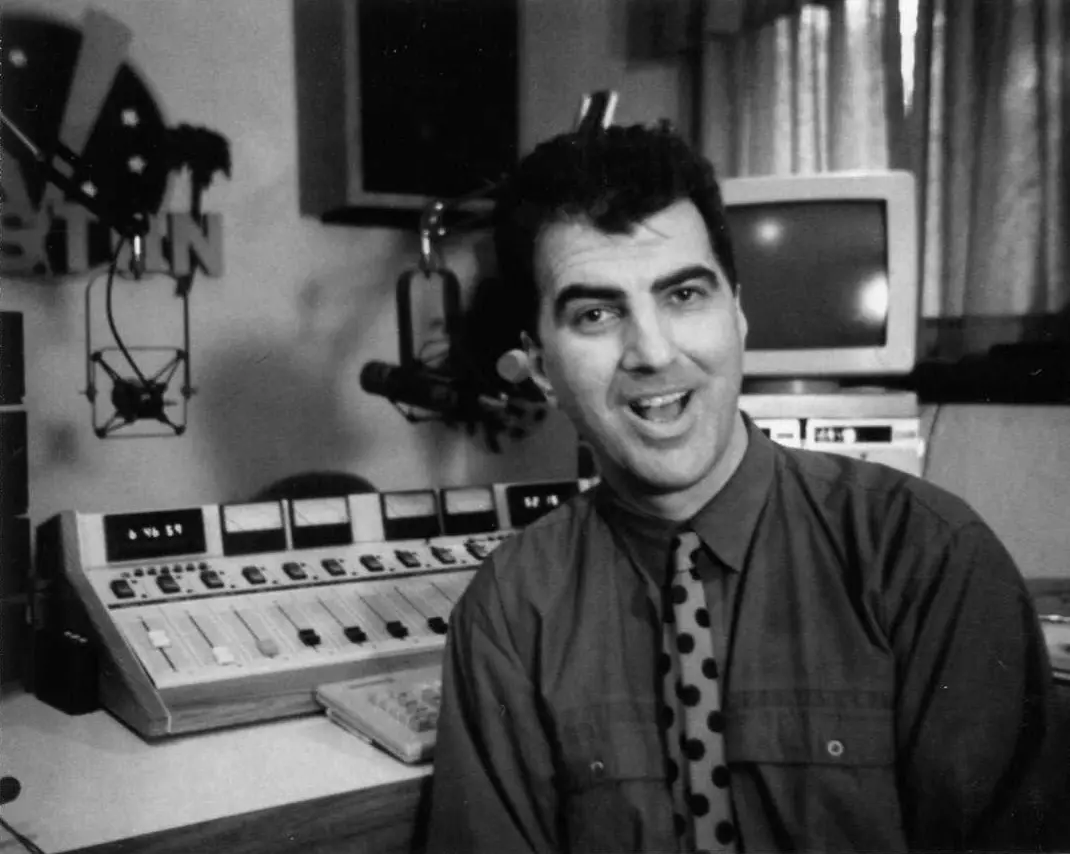Arnie “Woo Woo” Ginsburg
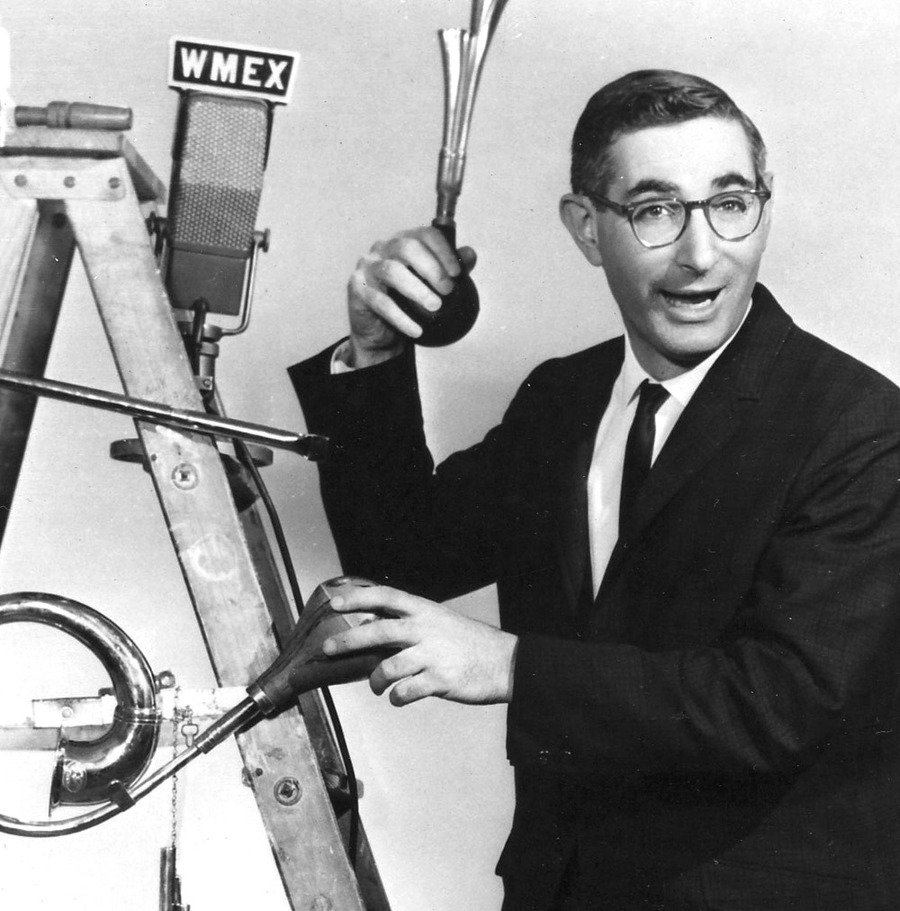
Woo-woo! From the late 1950s through the mid-1960s, that sound meant one thing for radio listeners in and around Boston: It was time for Arnie Ginsburg’s Night Train show on WMEX (1510 AM). In addition to the train whistle that earned him his nickname, not to mention the dozens of other sound effects he employed, Ginsburg is fondly remembered for bringing his warmth and sense of humor to countless local radio spots – anyone remember “Ginsburgers” at Adventure Car Hop and Pal Mal? – and for playing top-40 singles on the Boston airwaves.
RADIO BEGINNINGS, WORL, WBOS, WMEX
Born Arnold William Ginsburg on August 5, 1926, the legendary radioman was raised in Brookline, Massachusetts, and developed a fascination for radio at a young age. By the age of eight, he’d built his own short-wave radio, though he had no intention of becoming a disc jockey, he said in numerous interviews over the years, explaining that he saw his future as a technician and/or a producer, not as an on-air personality, since his voice didn’t have the rich timbre of the standard announcers.
Ginsburg graduated from Brookline High School in 1944 and his first radio job was at the WORL-AM as an engineer for announcer Alan Dary. After sitting in with Dary on the air and receiving positive feedback from the audience and the station’s management, he realized that being an on-air personality might be a viable career option after all.
He started his on-air career at WBOS in 1956 before moving to WMEX in 1958, his rise to the top of Boston’s radio scene coinciding with the cultural birth of the American teenager, the rapid rise of rock ‘n’ roll and the emergence of Elvis Presley, whose early singles made frequent appearances on Ginsburg’s shows. Unlike many disc jockeys at the time, he had total control over what records he spun and often played the role of tastemaker, both locally and nationally.
BREAKING “LOUIE LOUIE,” RECORD HOPS
In October 1963, Ginsburg unintentionally popularized what’s now one of rock ‘n’ roll’s most famous anthems, The Kingsmen’s rendition of “Louie, Louie.” The band’s drummer, Dick Peterson, once explained how Ginsburg promoted the tune in an extremely unconventional and unexpected way. “He put us on his show in Boston [which] had a huge following,” he said. “And he put us on as part of the ‘Worst Record of the Week’ segment. He had a contest every night – people could rate a record. To win, the audience had to vote your record as the ‘worst’ record. Then, you stayed on and took on the next ‘worst’ record. And “Louie Louie” just won over and over to the point where it started becoming popular.” Speaking to The Boston Globe after the song peaked at #2 in the Billboard 100 in mid-December 1963, Ginsburg acknowledged his role. “I was one of the first to play it, so it kicked off in Boston,” he said.
In addition to his wildly popular radio show, Ginsburg hosted “record hops” at the Surf Ballroom on Nantasket Beach on Friday nights, introducing acts such as Frankie Avalon, Gene Pitney and local garage bands The Rockin’ Ramrods to enthralled audiences. The events remain in the hearts of countless rock ‘n’ roll fans of a certain generation from across New England.
WRKO, WBCN, WVJV-TV, V-66
After a brief stint at WRKO in 1967, Ginsburg shifted to the business side of radio broadcasting, working in sales at that station before becoming general manager of WBCN (in 1970) and WWEL (in 1972). In 1973, he joined WBZ, where he hosted a Saturday night oldies show, and in 1979 he became a partner at WXKS-FM (“Kiss 108”), which adopted a disco format that year.
His career came full circle in 1985, when he introduced a new generation of teenagers to both classic rock and new wave after he and John Garabedian launched the music-video channel V-66 on WVJV-TV (“the Beat of Boston!”), mixing national acts’ videos with ones from Boston-area favorites like Aimee Mann and Gary Cherone in hopes of competing with MTV, which debuted four years earlier (in August 1981).
RETIREMENT, HALL OF FAME, DEATH, LEGACY
Ginsburg retired in 1986 and moved to Ogunquit, Maine, with his longtime partner, Carlos Alberto Vega, a professor of Spanish at Wellesley College; they married in 2016. He was inducted into the Massachusetts Broadcasters Hall of Fame in 2008 and died on June 26, 2020, at age 93 of Alzheimer’s disease.
“He firmly believed that people are good and that they just need to know each other more,” Vega wrote in an obituary. “Arnie’s first love was radio, but for most of his life, it wasn’t so much being on the air – something for which he was most famous – as it was understanding how radio worked and how it could be used to enrich lives.” Ginsburg was a broadcasting success because “he was himself,” Vega wrote, adding the following adjectives to describe the man he loved: “Goofy, witty, funny, irreverent, daring, spontaneous, upbeat, optimistic.”
(by Stephen Haag)

